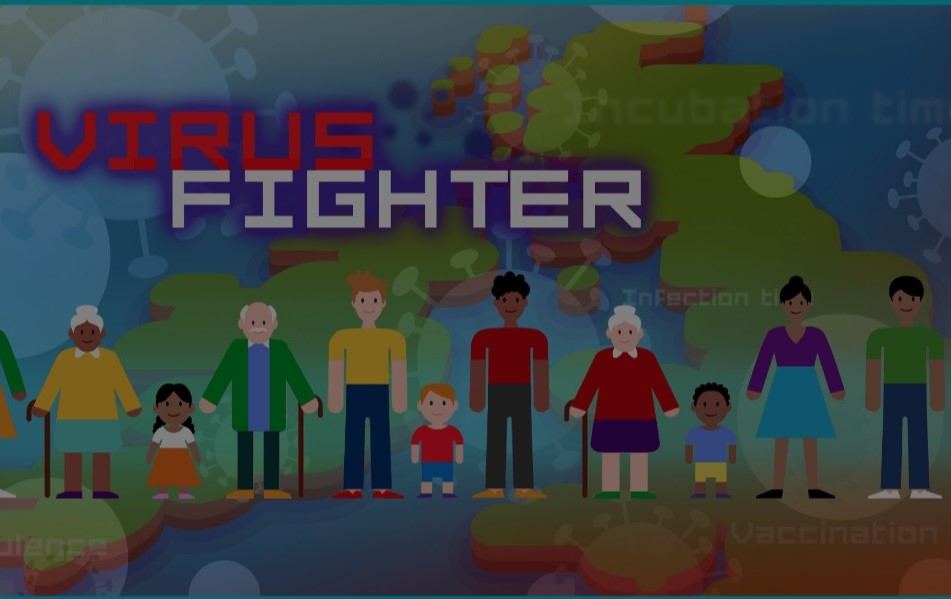The Placebo Effect
 Wednesday, September 9, 2009 at 11:26AM
Wednesday, September 9, 2009 at 11:26AM What is the "placebo effect"? The words are bandied around constantly but tend to be poorly understood. Put simply, the "placebo effect" is the medical response of your body to the idea that you are taking drugs, in the absence of actual drugs. How can this occur? There is nothing mystical about this, the effect of mood on brain chemistry is well documented, and the physiological effects of brain chemistry on our body are surprisingly strong. What is more unusual is a question posed by a recent article in Wired - why does the placebo effect appear to be getting stronger in drug trials?
Is this true? Is the placebo effect actually getting stronger? Actually we have no idea. Drug companies never test the strength of the placebo effect. To actually test the placebo effect you need to have three groups: no treatment, placebo treatment and drug treatment. The "no treatment" group measures the spontaneous remission rate (is, the background of how many people would get better over the treated period of time without treatment). The "placebo treatment" group can then measure any additional effects of the patients thinking they are taking drugs, while the "drug treatment" group measures the biomedical effect of the drug. Since drug companies almost never include a "no treatment" group, the increasing effect in the "placebo treatment" group could either be due to increasing spontaneous remission rates or due to an increasing effect of placebos. Changes in spontaneous remission rate are just as feasible as changes in the placebo effect, as the health of the population is generally increasing over time, and a generally healthy person has a higher spontaneous remission rate.
If we assume, however, that it is the placebo effect that is increasing over time, do we have reasonable explanation for this? The answer is probably a lot more simple than drug companies are making it out to be. Changes in the scale of the placebo effect are regionally localised and concentrated in conditions such as depression, epilepsy and pain. The simplest explanation (and hence, according to Occam's razor, the one we turn to first) is that the patient composition of these groups has been changing over time, especially in certain regions. In particular, we have observed large improvements in medical diagnosis, such that more subtle cases are being detected. We have also experienced a "medicalisation" of non-medical conditions, strong moods or emotions being labelled as medical conditions and lumped together with cases caused by biomedical disruptions (ironically driven largely by drug companies seeking to expand their markets). It would be predicted that less severe cases of medical conditions, and emotional/behavioural conditions misdiagnosed as medical conditions, would be more amenable to the effects of placebos on brain chemistry. A simple test for this hypothesis exists - take an existing drug and recruit a patient cohort using identical criteria as the original drug trial. If the "altered patient cohort" hypothesis is correct a new drug trial using past inclusion criteria should show the same level of placebo effect as the original trial.
Of course the real issue for the drug companies is that the drugs being developed and tested are less and less efficacious. The placebo effect is only an issue when drugs have borderline effects. If a drug company invented a new quinine or penicillin there would be no concerns about skating around the edges of statistical significance.
 Medicine
Medicine 




Reader Comments (1)
Also, the type of patients who volunteer for treatment is changing. Those patients who have their disease under control with current drugs are unlikely to enroll in a clinical trial.